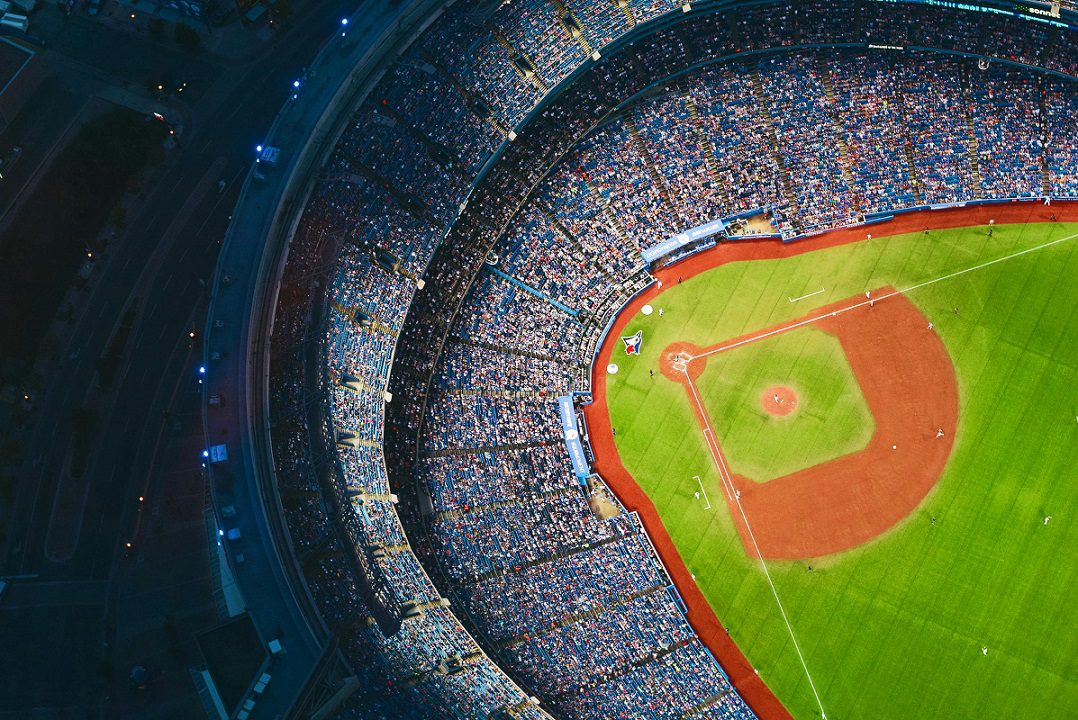
Is Baseball Making a Comeback?
This year’s Yankees-Dodgers World Series was the most-watched Fall Classic in the U.S. since 2017, offering a potential spark of hope for a sport grappling with declining viewership, particularly among younger fans. Although baseball is culturally iconic, it has struggled to maintain its audience. According to a 2022 Forbes article, MLB attendance dropped 5.9% from pre-pandemic 2019 levels, with overall attendance down 14% since the 2011-2012 season (excluding the COVID-impacted 2020). Television ratings have followed a similar trajectory: the 2022 World Series averaged just 11.8 million viewers, a significant drop from 23.4 million in 2016, and viewership hit a record low in 2023.
Critics attribute these trends to perceptions that baseball games are long and less exciting compared to fast-paced sports like the NFL and NBA. Scandals involving cheating have further damaged its image. While MLB has introduced measures like a pitch clock and revised extra-inning rules to speed up games, these changes haven’t significantly boosted ratings and have risked alienating diehard fans. Some believe that substantial changes, such as shortening the season or moving playoffs to summer, are necessary. The lack of a salary cap has also exacerbated the problem. Unlike the NFL and NBA, which enforce salary caps to maintain parity, MLB’s uneven playing field contributes to repetitive outcomes that can make the sport less compelling.
Despite recent challenges, the 2024 World Series showcased promising viewership numbers, averaging 15.8 million viewers in the U.S., a 67% increase from 2023’s series between the Diamondbacks and Rangers. The matchup between historic rivals captured younger fans’ attention, with viewership among the 18-34 demographic soaring by 101%, the highest surge of any age group. Internationally, interest was also high, particularly in Japan, where stars Shohei Ohtani and Yoshinobu Yamamoto drew an average of 12.1 million viewers, even with games being broadcast at 9 a.m. local time. Game 1 and 2 set records as the most-watched postseason games in Japanese MLB history, attracting 14.4 million and 15.9 million viewers, respectively. Combined with audiences from countries such as Canada, Mexico, the Dominican Republic, and Taiwan, as well as MLB app streaming, the global average viewership exceeded 30 million, with final numbers still coming in.
Most headlines agree that this World Series was a pretty exciting one. In Game 1, at the bottom of the 10th, with the bases loaded, Freddie Freeman hits the first-ever walk-off grand slam in World Series history. In Game 5, the Dodgers came back twice, to win, first from five runs down. These thrilling moments raise the question: was this year’s spike in viewership a one-time event, or can MLB capitalize on it to generate sustained interest? Fans and analysts are urging MLB to pursue significant reforms to align with modern entertainment preferences and rejuvenate the sport’s appeal. While recent changes are a step in the right direction, the league’s future decisions will ultimately determine whether this resurgence in viewership represents a lasting turning point or merely a fleeting moment for “America’s Pastime.”
Whitney Butler
